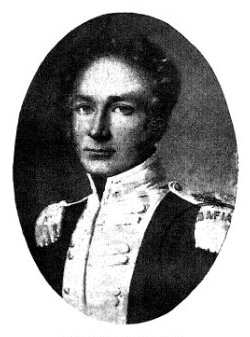[The fact appears to be that] “After eight centuries of galling subjection to conquerors totally ignorant of the classical language of the Hindus; after every capital city had been repeatedly stormed and sacked by barbarous, bigoted, and exasperated foes; it is too much to expect that the literature of the country should not have sustained, in common with other interests, irretrievable losses.”
James Tod, Annals and Antiquities of Rajasthan, Routledge and Kegan Paul (London,l829,1957), 2 vols., I quoted from Lal, K. S. (1992). The legacy of Muslim rule in India. New Delhi: Aditya Prakashan. Chapter 3
Тод, Джеймс: Цитаты на английском языке
Annals and Antiquities of Rajasthan by James Tod
Источник: James Tod Travels in Western India’, London, 1839, reprinted in New Delhi, 1997, p. 260. Also quoted in Preface by S. R. Goel in Matilda Joslyn Gage : ‘Woman, Church and State’, New Delhi, 1997 (Reprint), p. V (Introduction). Also quoted in http://voiceofdharma.org/books/hvhb/ch20.htm. note: Travels in Western India
Ref: en.wikiquote.org - James Tod / Quotes / Travels in Western India
Annals and Antiquities of Rajasthan by James Tod
Annals and Antiquities of Rajasthan by James Tod
